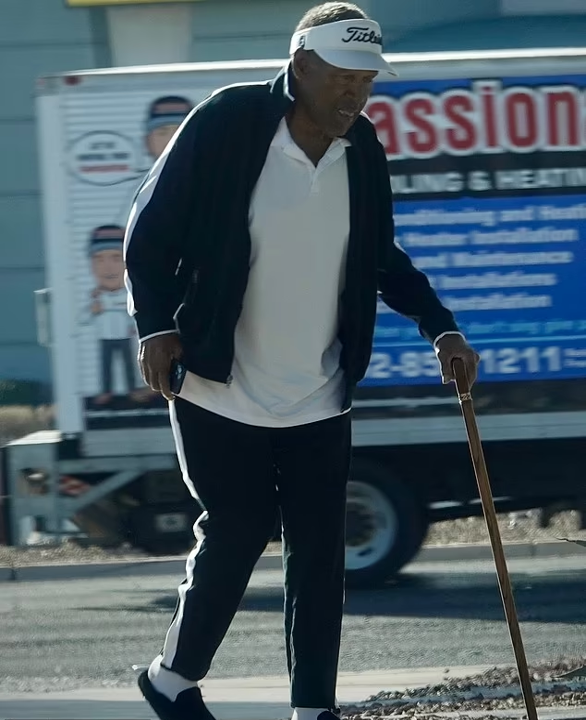
News broke this week that O.J. Simpson, the former NFL player turned actor, who was acquitted of the murder of his ex-wife and her friend in the ‘Trial of the Century’ in 1995, has been diagnosed with prostate cancer and is undergoing chemotherapy to treat it. But that diagnosis also came with a number of various rumors. Simpson has been also said to be in hospice/end-of-life care, just weeks after he was spotted looking frail in Las Vegas.
Simpson, 76, has since taken to social media to deny the hospice rumors.
In a clip posted to his 870,000 followers on X (formerly Twitter), he can be seen sitting in his car, telling the camera, “Hospice? Hospice? You talking about hospice,” before bursting into laughter.
“I don’t know who put that out there… like The Donald [Trump] say, you can’t trust the media! In any event, I’m hosting a ton of friends for the Super Bowl here in Las Vegas, and all is well. So hey guys, take care, and have a good Super Bowl weekend.”
Ultimately, Black men are twice as likely to die from prostate cancer than most other men.

However, when prostate cancer is detected earlier—either at a localized stage before the cancer has spread outside the prostate or a regional stage when spread is limited to nearby body structures—the odds of survival are high. “Prostate cancer is the only cancer that has a five-year survival rate of 96 to 100% when found early,” says Vincent M. Bivins, M.D., FACS, president of Urology Centers of Alabama.
But when it comes to getting the treatment that Black men need, the data is just as heartbreaking.
The findings, published in JAMA Network Open, reveal a concerning racial disparity in the utilization of the crucial therapy for the treatment of the disease.
“This revelation is particularly concerning given the already disproportionate impact of prostate cancer on Black men, who are 1.5 times more likely to be diagnosed and 2.4 times more likely to die from the disease than white men in the United States,” said co-senior study author Dr. Amar Kishan, professor of radiation oncology at the David Geffen School of Medicine at UCLA and a researcher at the UCLA Health Jonsson Comprehensive Cancer Center.
Little has been shared about Simpson’s treatment plan, but some speculate that his chemotherapy may be a combination of oral chemotherapy drugs.

Be the first to comment